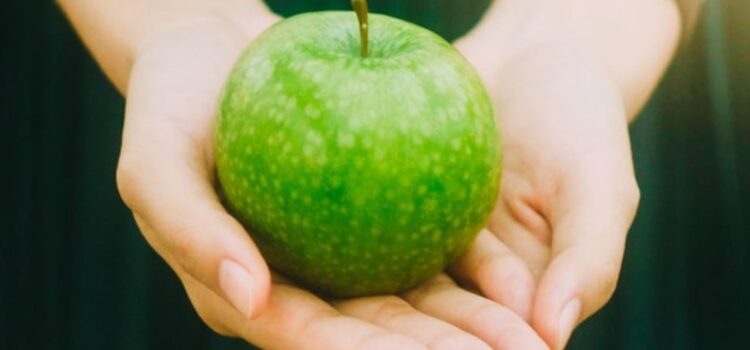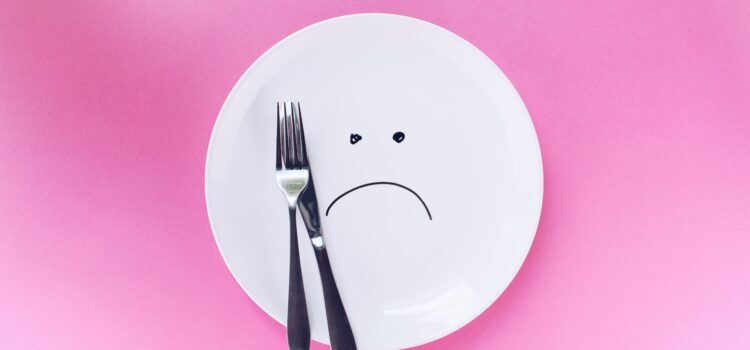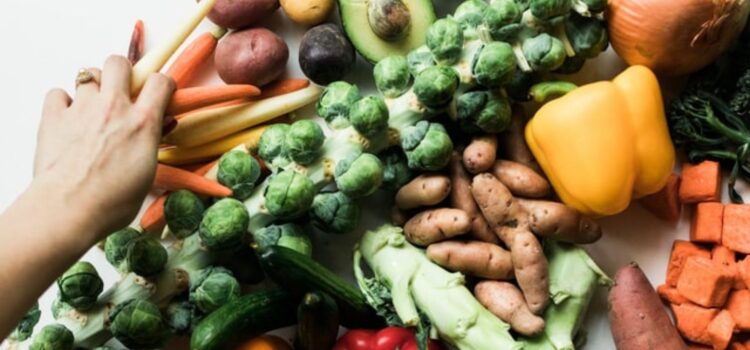Is your current food plan not working for you? Are you wondering how to change your diet plan without giving up? Before you give up on your diet, you might have better luck figuring out how to change your diet to something more sustainable. Sometimes when we set our initial diet plans, we can be overzealous and strict on ourselves. But that doesn’t mean we should give up on them, it just means the diet plan needs adjusting. Continue reading on how to change your diet plan from Never Binge Again.
When and How to Change Your Diet Plan










